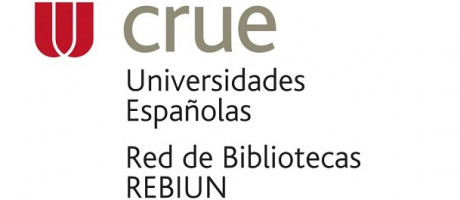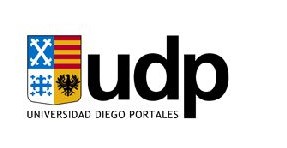Kants Konzeption kosmologischer Freiheit – ein metaphysischer Rest?
Resumen
The German idealists were of the opinion that Kant’s transcendental turn has unfettered a revolution in philosophical thought that needs to be completed by addressing critically the presuppositions or ‘foundations’ of Kant’s philosophy itself. To these presuppositions belong Kant’s architectonic of reason in general and the role the concept of freedom has within it in particular. It is shown that Kant’s cosmological or transcendental freedom does not so much establishes a secure starting point for further elaborations within the realm of practical philosophy but should primarily be taken as a problem in itself. By doing so, it becomes clear that the profile of Kant’s critical conception of freedom as well as that of the third antinomy heavily draw upon the German metaphysical tradition of the 18th century. By considering Kant’s conception of cosmological freedom in the context of the discussions of his age, several preliminaries and non justified constellations come into view. From Hegel’s perspective, they cannot be justified; rather, getting to the bottom of them transcendentally leads to a more general concept of freedom than Kant’s. The consequences of all this are illustrated by revisiting the transcendental philosophy of Bruno Bauch, probably the best neo-Kantian Kant specialist.
Texto completo:
PDFEnlaces refback
- No hay ningún enlace refback.
Indexada en: CAPES/ Qualis Periódicos: A3

![]()







Revista de Estudios Kantianos. Publicación internacional de la SEKLE.
e-ISSN: 2445-0669
Contacto: rek.kant@gmail.com

